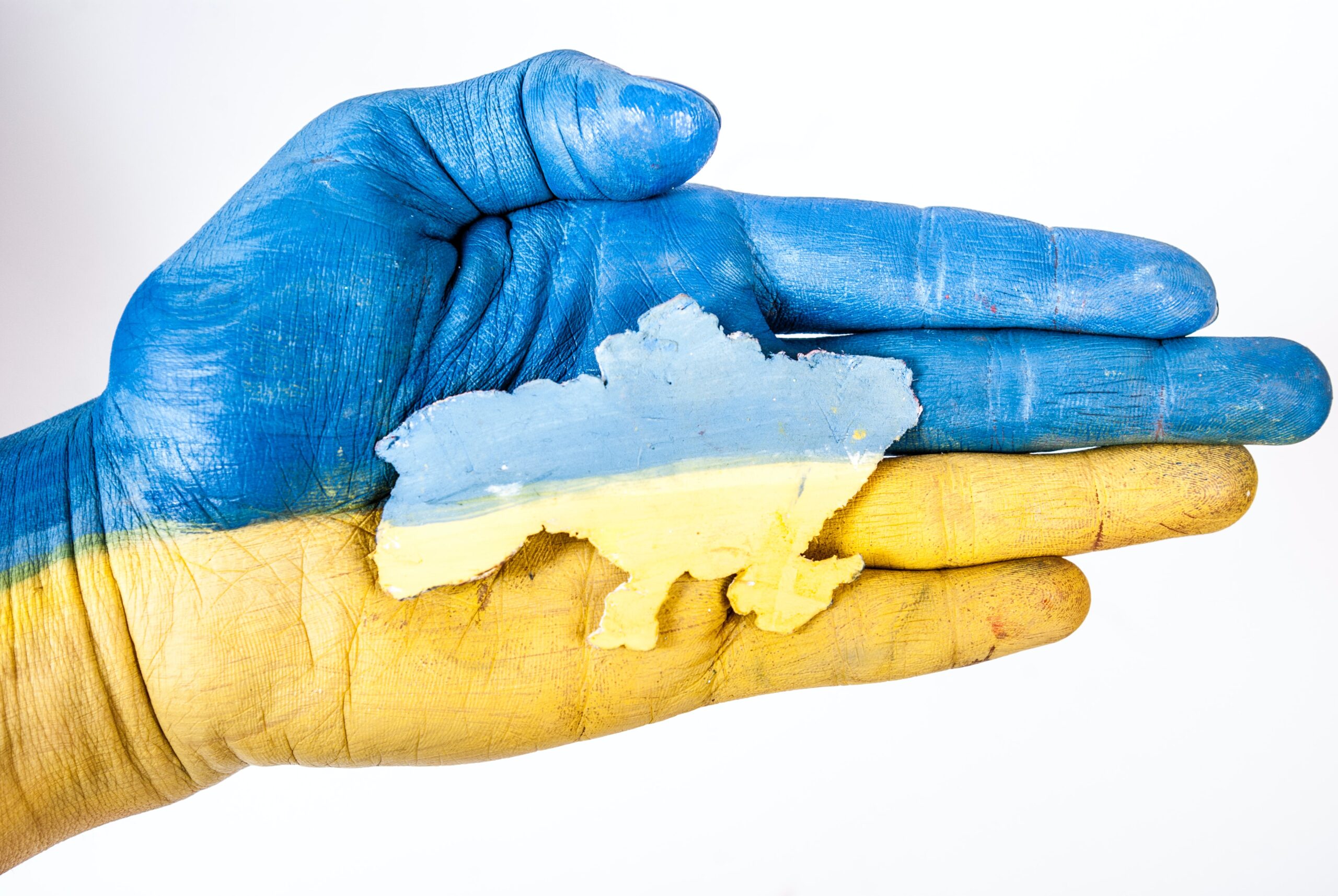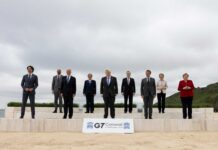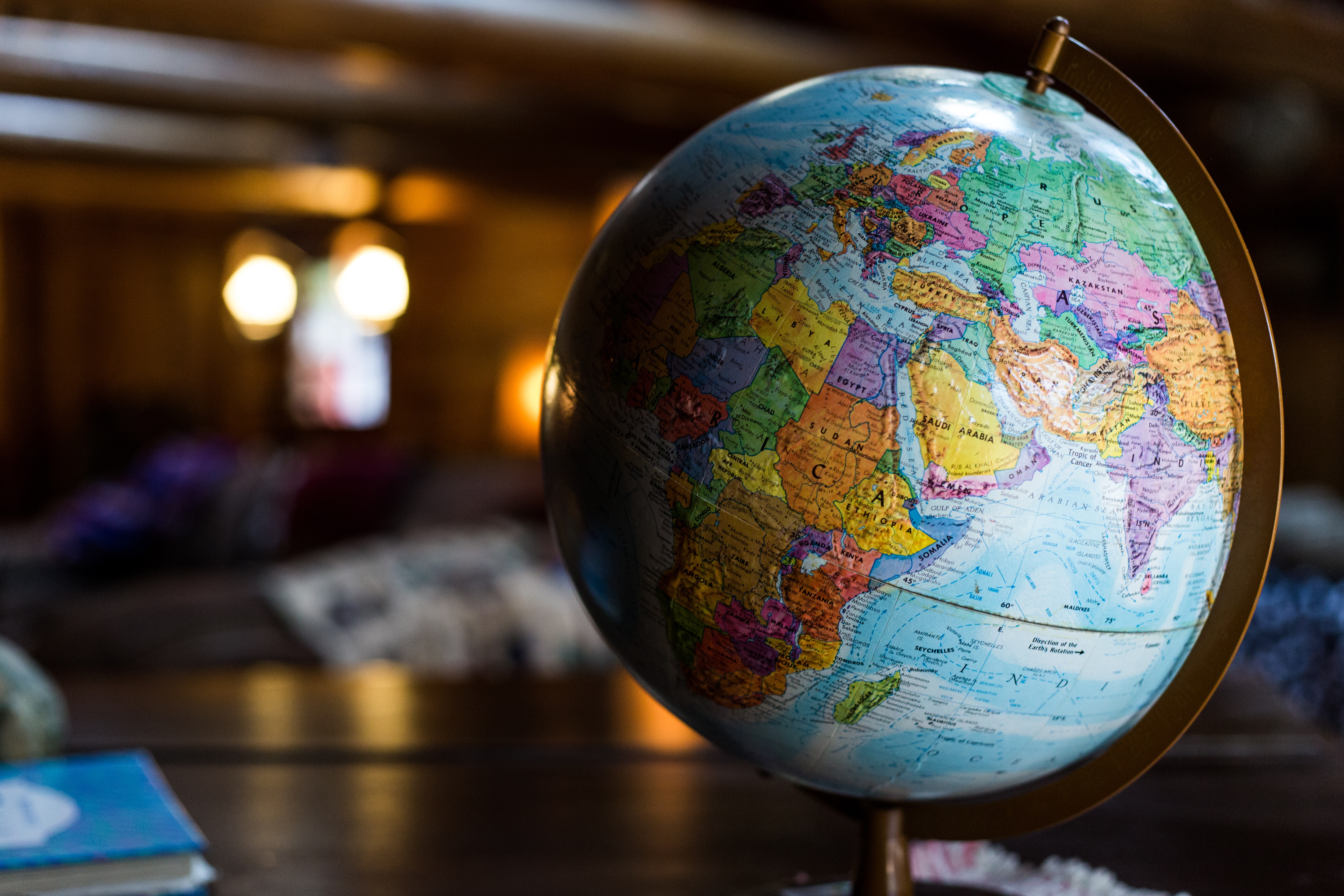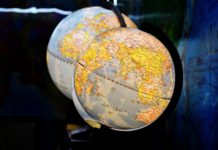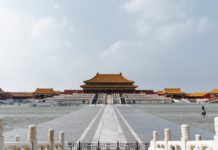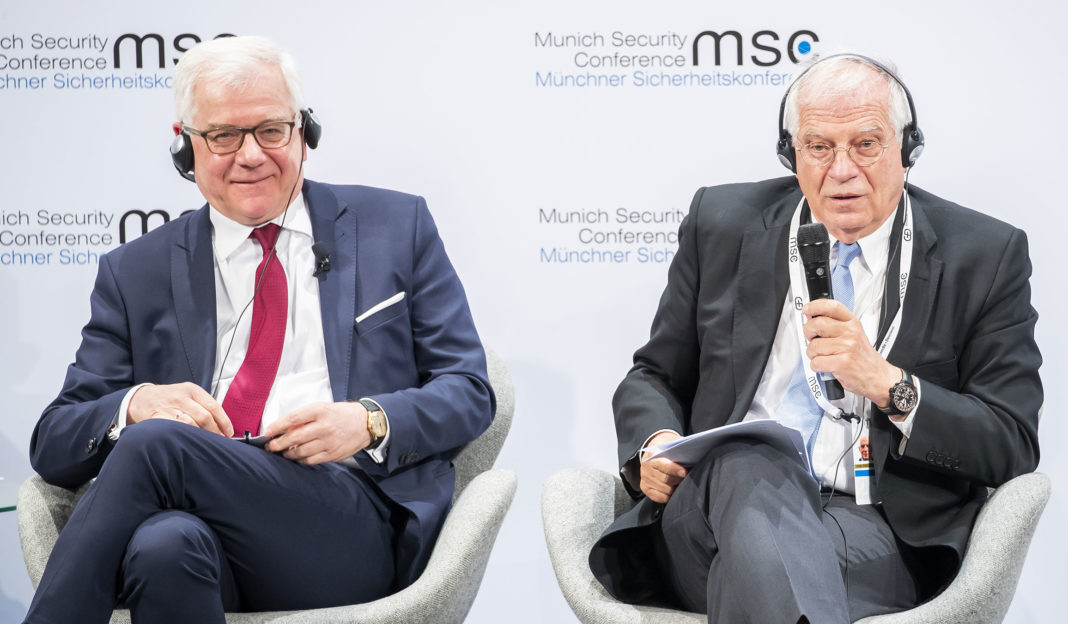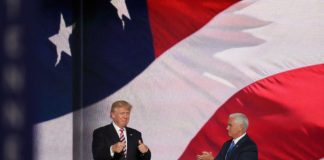“Europe has to develop an appetite for power”. With this bold statement, the EU’s High Representative for Foreign Affairs and Security Policy, Josep Borrell, met his audience at the recent annual Security Conference in Munich. His words come at a time when the EU is redefining its project after Brexit and as it gets caught between Sino-American trade and technological wars. Europe’s role in the geopolitical board diminished significantly after World War II; it was first engulfed and divided by superpowers during the Cold War, reunited yet without a clear outward vision during the ensuing age of US hegemony, and subsequently enlarged yet hesitant over its future in an unfolding multipolar world.
Borrell forged a name for himself in diplomatic circles for speaking directly and without unnecessary platitudes. His appointment as the EU’s foreign policy chief therefore signals a change of heart at the core of the new EU Commission, itself touted as a ‘geopolitical’ body by its top boss Ursula von der Leyen because of its new structure and priorities. Given Europe’s long history of violence amongst its members, European leaders have been reluctant to pursue a foreign policy predicated upon power, instead opting for a ‘pax europea’ and the export of stability to its neighbours. Yet today Europe suffers from both internal and external instability while Washington and Beijing emerge as two giants capable of global projection in a world of several medium and regional powers.
What does Europe want to be and which foreign policy should it pursue? This is the question European leaders are grappling with. Borrell is yet to articulate and explain his vision, but his words in Munich suggest that EU policymakers see both a need for and the potential to re-enter the game of power politics. The need comes from the fact that US support for its European allies is waning while China’s global ambitions increase and Russia consolidates a grip on its spheres of influence. Indeed, Europe has come to terms with the realities of the new international order and does not want to become an irrelevant actor who takes, rather makes, the rules of the game. Kant’s dream of universal justice will therefore need to wait.
Leaders like Borrell and von der Leyen also think that Europe has the potential to play an important role in the world stage. Even with the withdrawal of the UK from the common market, the EU remains one of the most populous and largest economies, with a very dynamic services sector and very high per capita wealth and education indicators. It is also a military power and both the UK, France and Germany are amongst the top ten military spenders in the world (despite Brexit, the UK will continue to cooperate closely with EU powers in terms of security). The first two are also nuclear powers with a permanent seat in the UN Security Council. Europe too has the largest diplomatic network and can project soft power beyond its borders through academic institutions, cultural and development aid.
Yet Europe also has important limitations, including internal divisions regarding the future shape and format of the EU, strained budgets and unsustainable levels of debt, a strong yet at the same time sclerotic currency, rising nationalist and populist movements, and a very large and fragmented Parliament. At the core of this, a question hangs over European leaders’ heads like a Damocles sword: should the EU move towards a Federation or should member states retain and maybe even regain sovereignty including in matters of foreign policy? Brexit, for all its ills, seems to have opened a window of opportunity for European leaders to shape and deploy a narrative of progress towards more, not less, unity.
Be that as it may, Borrell and his team will need to come up with a foreign policy that aligns capabilities with aspirations. Whatever ‘grand strategy’ he comes up with – to steal the expression of a great diplomatic historian – it will need to be both balanced and realistic if it is to succeed. Indeed, History is full of examples where foreign policy strategies have failed either because of a misalignment of means and ends or because their makers set out completely unrealistic goals in the first instance. Finally, Europe’s foreign policy will also need to integrate a renewed appetite for power with its longstanding tradition for justice and legitimacy.


